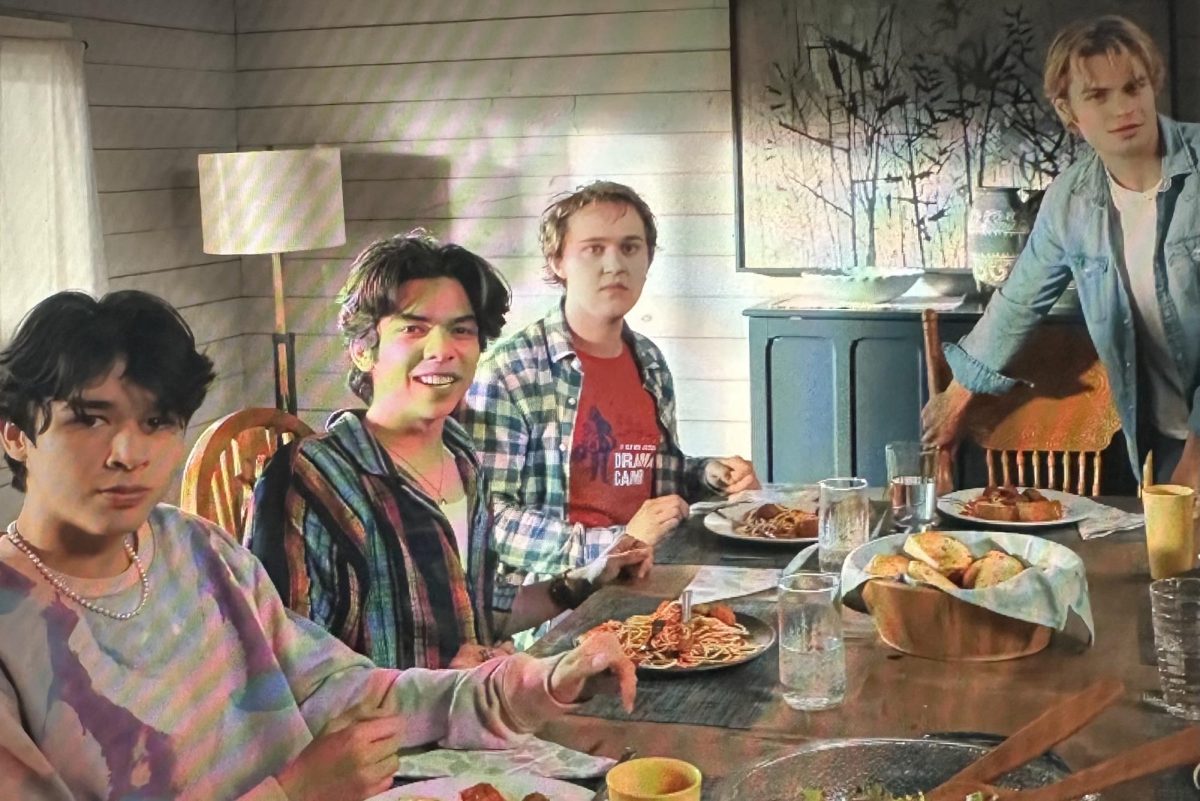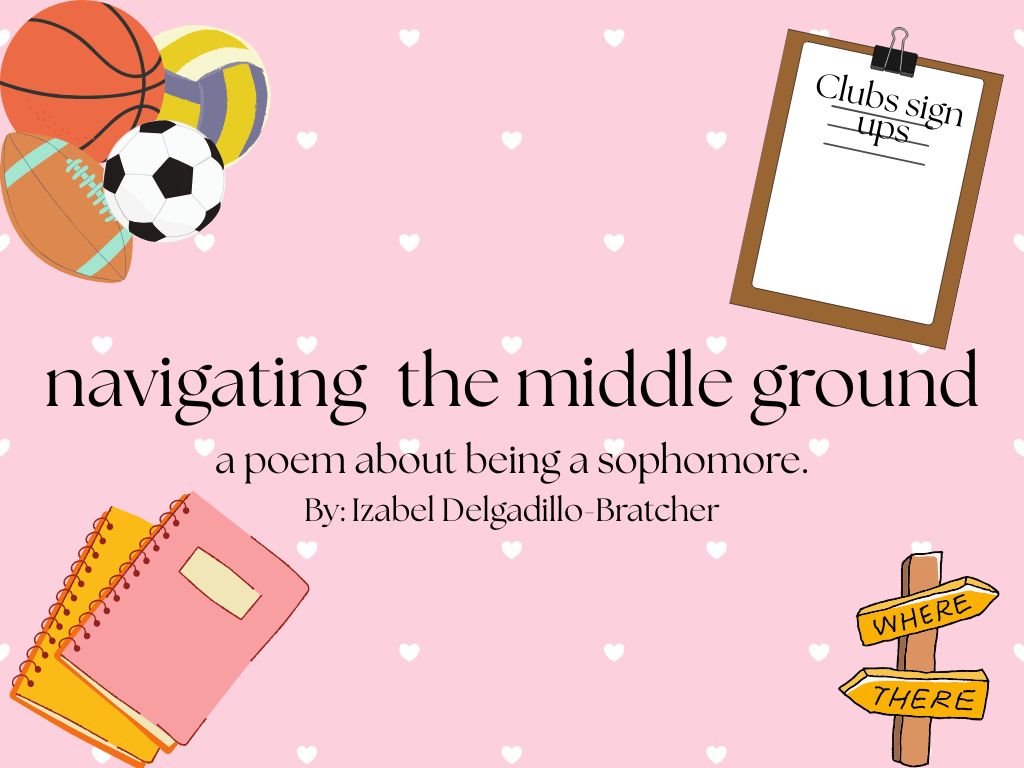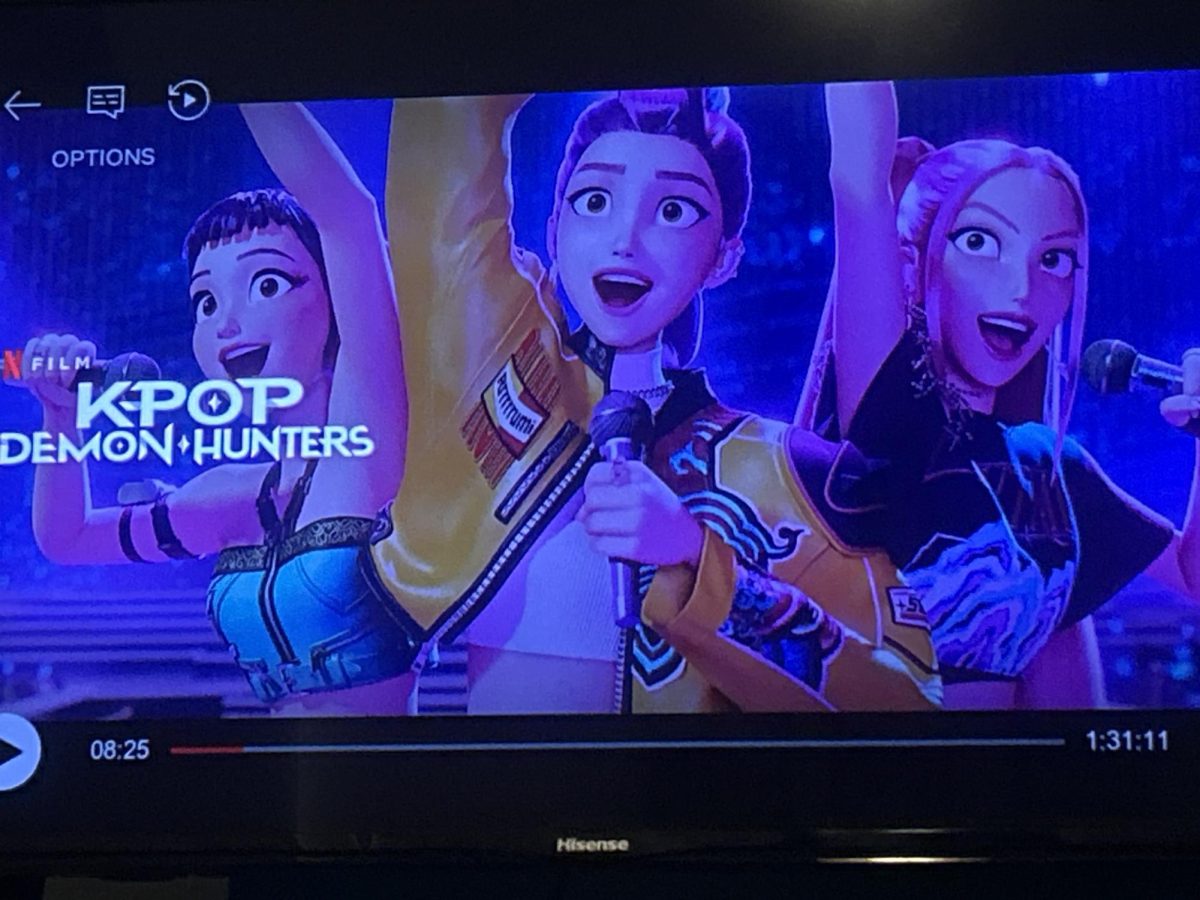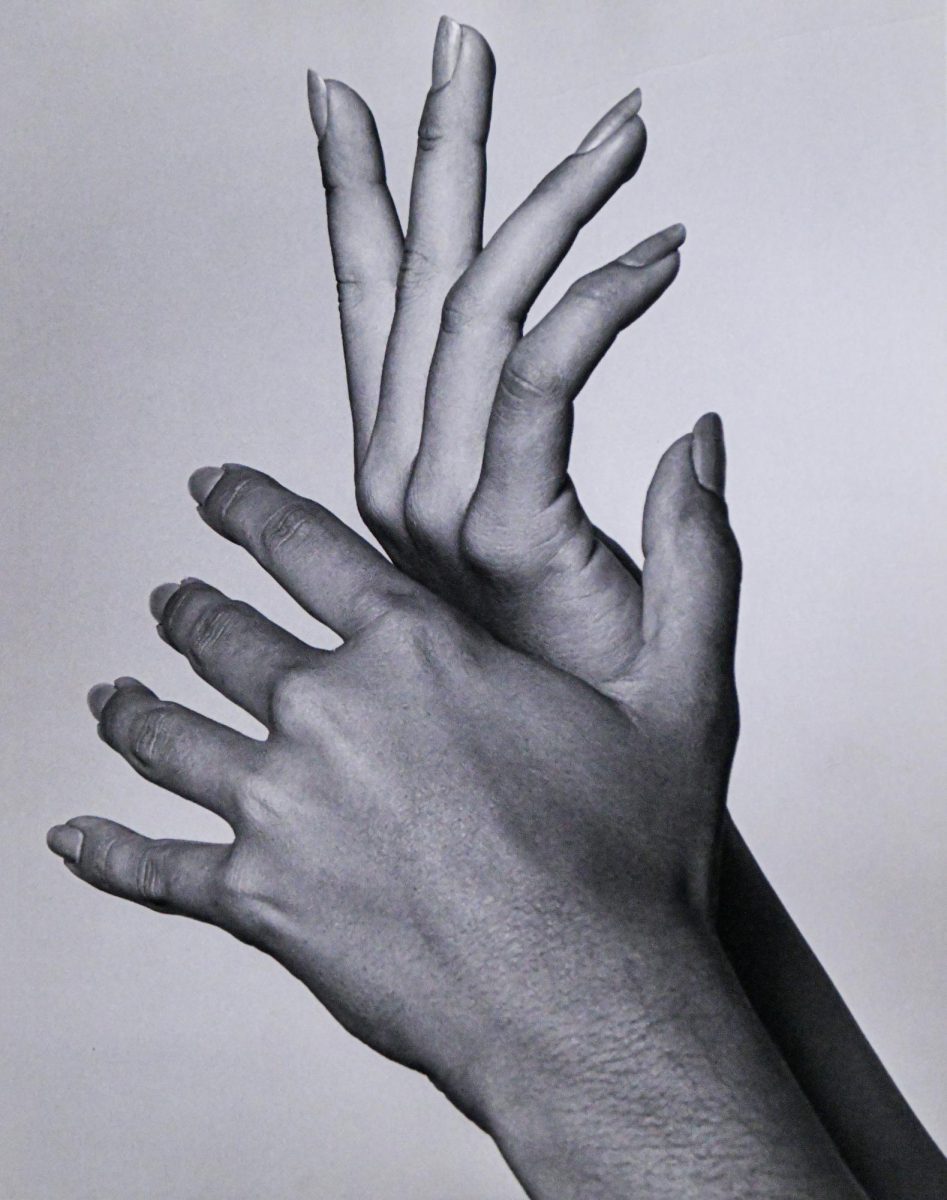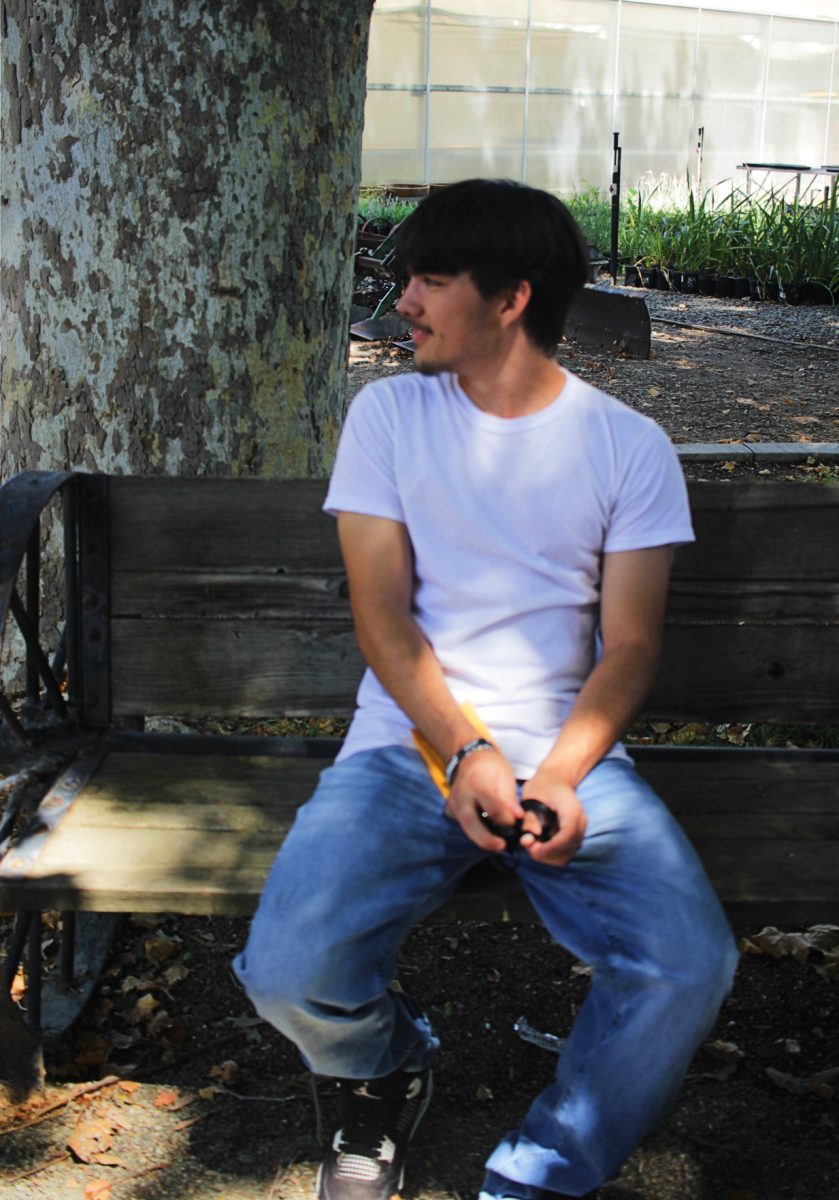Wicked: The Untold Story of the Witches of Oz is a musical with music and lyrics by Stephen Schwartz and a book by Winnie Holzman. Based on Gregory Maguire’s novel, it acts as a prequel and reimagining of The Wizard of Oz, exploring the lives of Elphaba (the Wicked Witch of the West) and Glinda (the Good Witch). Premiering in 2003, Wicked has since become a Broadway staple, beloved for its emotional storytelling, soaring score, and layered themes of identity, friendship, and power. The show flips the familiar Oz narrative, showing that the so-called “wicked” might not be what they seem.
Some of the Characters include Elphaba: The misunderstood, green-skinned girl with a fierce sense of justice. Brilliant and strong-willed, Elphaba’s journey is the heart of the story, exploring themes of otherness and morality.
Glinda (Galinda): Elphaba’s bubbly, ambitious roommate-turned-best-friend. Initially superficial, Glinda matures significantly, revealing depth and compassion.
Fiyero: A carefree prince who unexpectedly finds himself torn between both women and grappling with his own ideals.
Madame Morrible: The manipulative headmistress who uses political influence for her own gain.
The Wizard of Oz: A charming yet morally dubious figure representing corrupt authority.
Nessarose: Elphaba’s younger sister, later becoming the Wicked Witch of the East.
Boq: A munchkin infatuated with Glinda who becomes tragically entangled in Nessarose’s story.
The story begins with the citizens of Oz celebrating the death of the Wicked Witch of the West, before flashing back to Elphaba’s early life. We follow her to Shiz University, where she meets Glinda. Initially adversaries, they grow to understand and love each other. Elphaba is invited to meet the Wizard, hoping to make real change, but becomes disillusioned by his deception. Branded “wicked,” she goes into hiding.
Meanwhile, Glinda rises in political favor, but struggles with the cost of her success. The story weaves personal, political, and romantic threads into a rich tapestry, culminating in an emotionally charged finale where friendship, sacrifice, and truth triumph over appearances.
The musical is filled with a bunch of songs that set the mood of this musical just right.
No One Mourns the Wicked – Opens with a jubilant crowd celebrating Elphaba’s death, setting the stage for the story’s reversal of assumptions.
Dear Old Shiz – A brief transition back to the school days, introducing Glinda’s early personality and the setting.
The Wizard and I – Elphaba’s hopeful, heartfelt solo about being accepted and changing the world. One of her defining moments.
What is This Feeling? – A humorous, sharp duet between Elphaba and Glinda expressing mutual loathing that evolves into friendship.
Something Bad – A mysterious song foreshadowing Oz’s descent into oppression, with talking animals being silenced.
Dancing Through Life – Fiyero’s philosophy of avoiding deep thought is contrasted with Elphaba’s passion and Glinda’s popularity.
Popular – Glinda’s iconic, comedic makeover song as she tries to turn Elphaba into someone more socially acceptable.
I’m Not That Girl – Elphaba’s quiet, poignant reflection on unrequited love for Fiyero. Vulnerable and emotionally raw.
One Short Day – A vibrant, energetic celebration of Elphaba and Glinda’s trip to the Emerald City.
A Sentimental Man – The Wizard’s smooth, manipulative appeal cloaked in charm.
Defying Gravity – The Act I closer and showstopper, marking Elphaba’s transformation and rebellion. Electrifying and empowering.
Thank Goodness – Glinda’s Act II opener, revealing her inner conflict as she maintains her public image.
Wonderful – The Wizard justifies his actions with a catchy yet disturbing tune about spin and perception.
I’m Not That Girl (Reprise) – Glinda’s turn to feel the pain of love and loss, echoing Elphaba’s earlier feelings.
As Long As You’re Mine – A sultry, passionate duet between Elphaba and Fiyero, showing their deepening love.
No Good Deed – Elphaba’s descent into darkness as she gives in to fury and despair. A powerhouse solo.
March of the Witch Hunters – A short, intense ensemble number showing the consequences of public fear and mob mentality.
For Good – A tear-jerking duet between Elphaba and Glinda, reflecting on how their friendship changed them forever.
Finale (Reprise: No One Mourns the Wicked) – Ties the show back to the opening, but now with a profound new understanding.
Wicked: The Untold Story of the Witches of Oz is a musical with music and lyrics by Stephen Schwartz and a book by Winnie Holzman. It is based on the novel by Gregory Maguire and is a prequel and re-imagining of The Wizard of Oz that tells the story of Elphaba (the Wicked Witch of the West) and Glinda (the Good Witch). Premiering in 2003, Wicked has since become a Broadway staple, beloved for its heartbreaking storytelling, soaring score, and nuanced themes of identity, friendship, and power. The musical flips the classic Oz tale on its head, showing that the so-called “wicked” may not be what they seem. A few of the Characters are Elphaba: The intelligent, green-skinned girl with a passionate sense of justice. Clever and determined, Elphaba’s life is the novel’s emotional heartbeat, exploring questions of otherness and morality.
Glinda (Galinda): Elphaba’s perky, ambitious roommate-turned-best-friend. Initially shallow, Glinda grows tremendously, revealing depth and compassion.
Fiyero: A charming prince who gets himself surprisingly stuck between the two women and conflicted about his own values.
Madame Morrible: The unethical headmistress who uses political authority for personal gains.
The Wizard of Oz: The charming but morally dubious representative of corrupt authority.
Nessarose: Elphaba’s younger sister, who becomes the Wicked Witch of the East.
Boq: A munchkin who is infatuated with Glinda and becomes entangled tragically in Nessarose’s story.
The story begins with the inhabitantsof Oz celebrating the death of the Wicked Witch of the West, only to flashback into Elphaba’s early life. We follow her to Shiz University, where she meets Glinda. They areinitial rivals but eventually understand and love each other. Elphaba is called in to meet with the Wizard, with the vision of making real change, but is disappointed with his deceitfulness. She is branded “wicked” and goes into concealment.
Meanwhile, Glinda’s political starascends, although at a personalprice. The story weaves the personal, political, and romantic into a tight web, escalating to an emotional showdown in which friendship, sacrifice, and truth without over appearances.
The musical is rounded out with a collection of songs that set just the right mood for this musical.
No One Mourns the Wicked – Opens with a crowd cheering at Elphaba’s death, setting the scene for the reversing of expectations throughout the tale.
Dear Old Shiz – Brief transition to the school days, setting the scene and introducing Glinda’s early character.
The Wizard and I – Elphaba’s hopeful, upbeat solo about acceptance and changing the world. It’s one of her signature numbers.
What is This Feeling? – Wickedlyfunny, biting duet of shared hatred between Elphaba and Glinda that turns into friendship.
Something Bad – Forebodingforeshadowing song of Oz’s descent into oppression, in which talking animals are silenced.
Dancing Through Life – Fiyero’s reckless philosophy of non-thinking is contrasted with the passion of Elphaba and the popularity of Glinda.
Popular – The signature, comedic makeover song of Glinda as she tries to make Elphaba more acceptable as a socialite.
I’m Not That Girl – Elphaba’s muted, tear-jerking ballad of unrequited love for Fiyero. Vulnerable and raw.
One Short Day – A bouncy, energetic tribute to Elphaba and Glinda’s trip to the Emerald City.
A Sentimental Man – The Wizard’s smooth, manipulative appeal masquerading as charm.
Defying Gravity – The Act I closer and showstopper, and Elphaba’s transformation and act of defiance. Electrifying and empowering.
Thank Goodness – Glinda’s Act II opener, revealing her inner conflict as she maintains her public image.
Wonderful – The Wizard justifies his actions with a catchy yet disturbing tune about spin and perception.
I’m Not That Girl (Reprise) – Glinda’s turn to feel the pain of love and loss, echoing Elphaba’s earlier feelings.
As Long As You’re Mine – A sultry, passionate duet between Elphaba and Fiyero, showing their deepening love.
No Good Deed – Elphaba’s descent into darkness as she gives way to rage and despair. Show-stopping solo.
March of the Witch Hunters – Short, intense ensemble number about what occurs when mob hysteria and public fear take their toll.
For Good – Duet by Elphaba and Glinda, a poignant ballad about how their friendship changed them both forever.
Finale (Reprise: No One Mourns the Wicked) – Ties the show back to the start, but now with a profound new understanding.
Wicked is more than a musical—a reinterpretation of good and evil, wrapped up in humor, drama, and memorable music.
With its incredible sets, multi-dimensional characters, and a score that has entered the musical theater canon, it’s a show that stays with you long after the curtain falls. Whether you go for the spectacle or the emotional resonance, Wicked demonstrates that even the most hated characters have a story to tell—and perhaps, they were not r after all.


